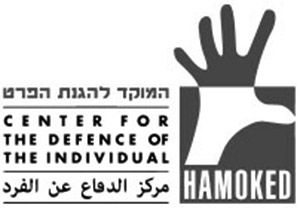Following a series of suicide attacks in late February and early March of 1996, Israel carries out mass arrests throughout the West Bank (according to
B’Tselem figures, 580 Palestinians were arrested between 25.2.1996 and 23.3.1996). At the same time, the closure on the OPT is tightened and no permits are issued for entry to Israel. Due to the hermetic closure, lawyers from the OPT cannot meet the detainees, who are transferred to facilities inside Israel for interrogation. Furthermore, the Israel Security Agency isolates the detainees from any contact with the outside world and systematically deprives them of their right to counsel as part of its interrogation technique. The interrogees are thus left vulnerable to torture and inhuman treatment.
HaMoked launches a series of petitions filed in real time on behalf of hundreds of Palestinians who are being interrogated by the ISA and subjected to shaking, tying in painful positions, hooding with a smelly sack, frequent sleep interruptions, threats, humiliations and other torture methods. Moreover, the available medical care is negligent.
In the petitions, based on the interrogees’ testimonies, HaMoked contends that the ISA interrogation methods are inconsistent with Israeli law and the international conventions to which Israel is signatory, and that the "necessity defense" clause does not provide a priori permission to use illegal methods.
In most cases, the court issues an injunction, instructing the ISA to refrain from using force against the petitioners until a final decision is rendered. By and large, the state opts to undertake not to use torture during the petitioners’ interrogation, in order to avoid a substantive court hearing.
Affidavit by a Hebron resident who was interrogated under torture by the ISA and
HaMoked’s petition on his behalf;
HaMoked factsheet on torture in interrogation facilities, 1997



